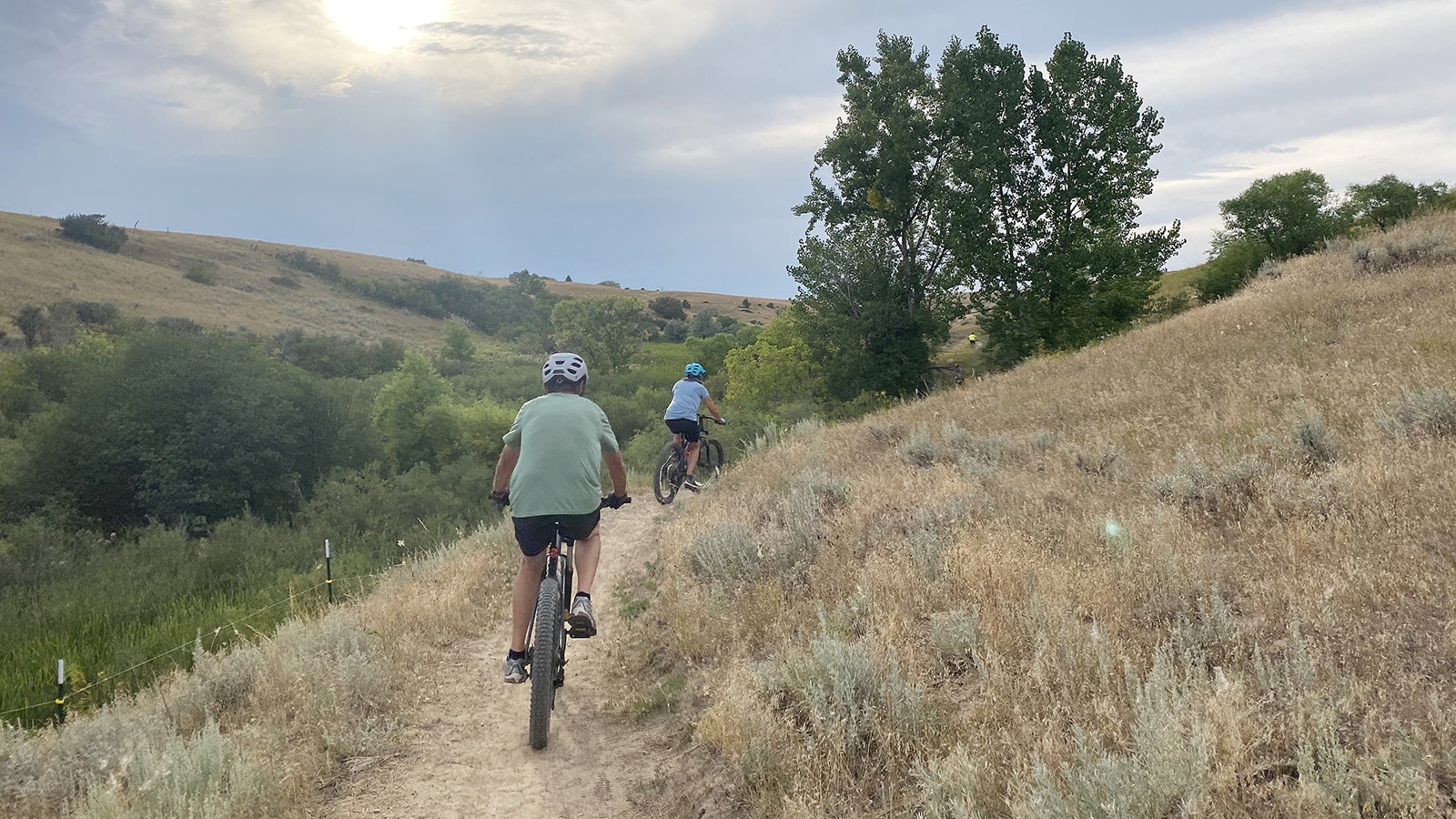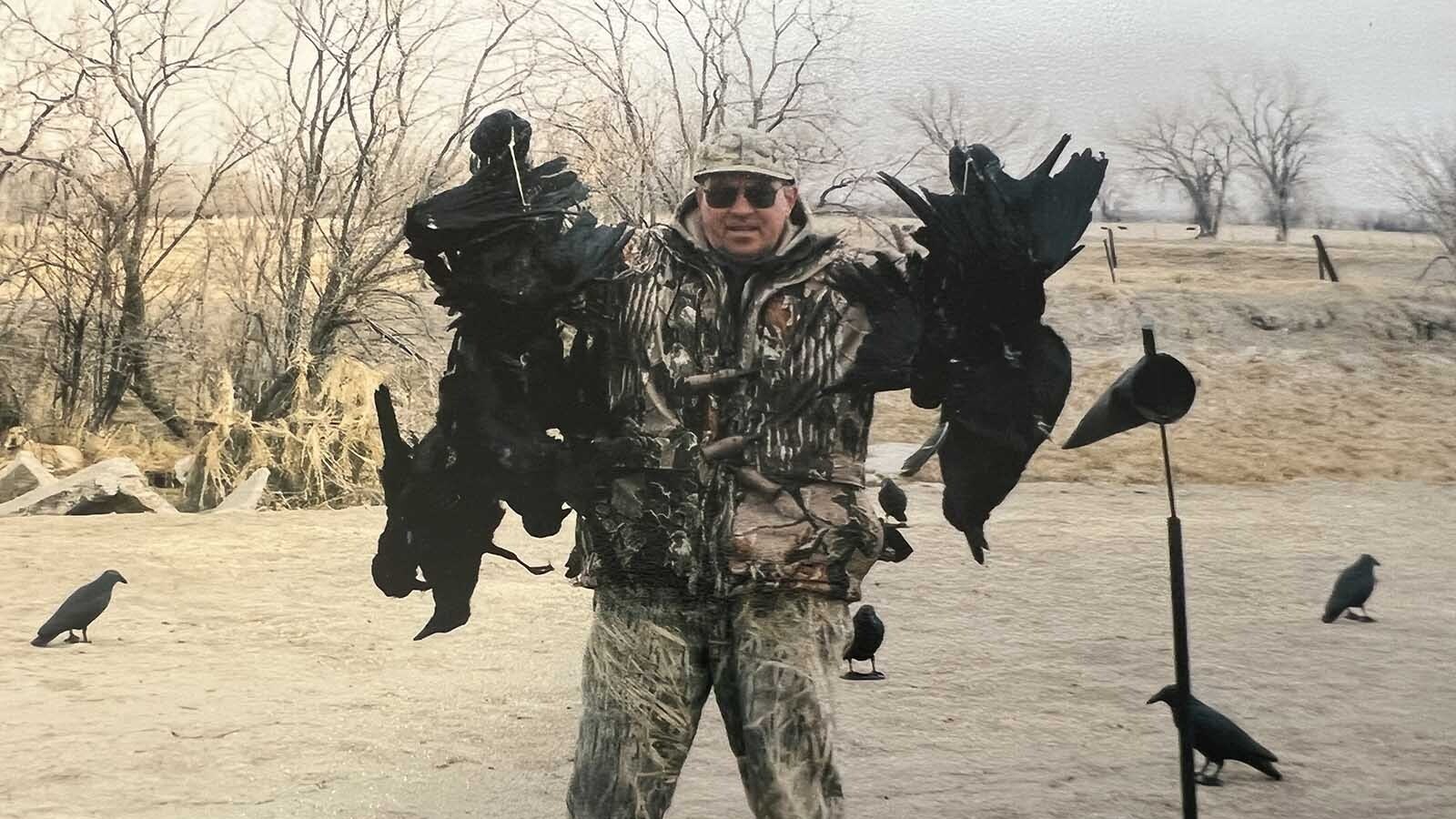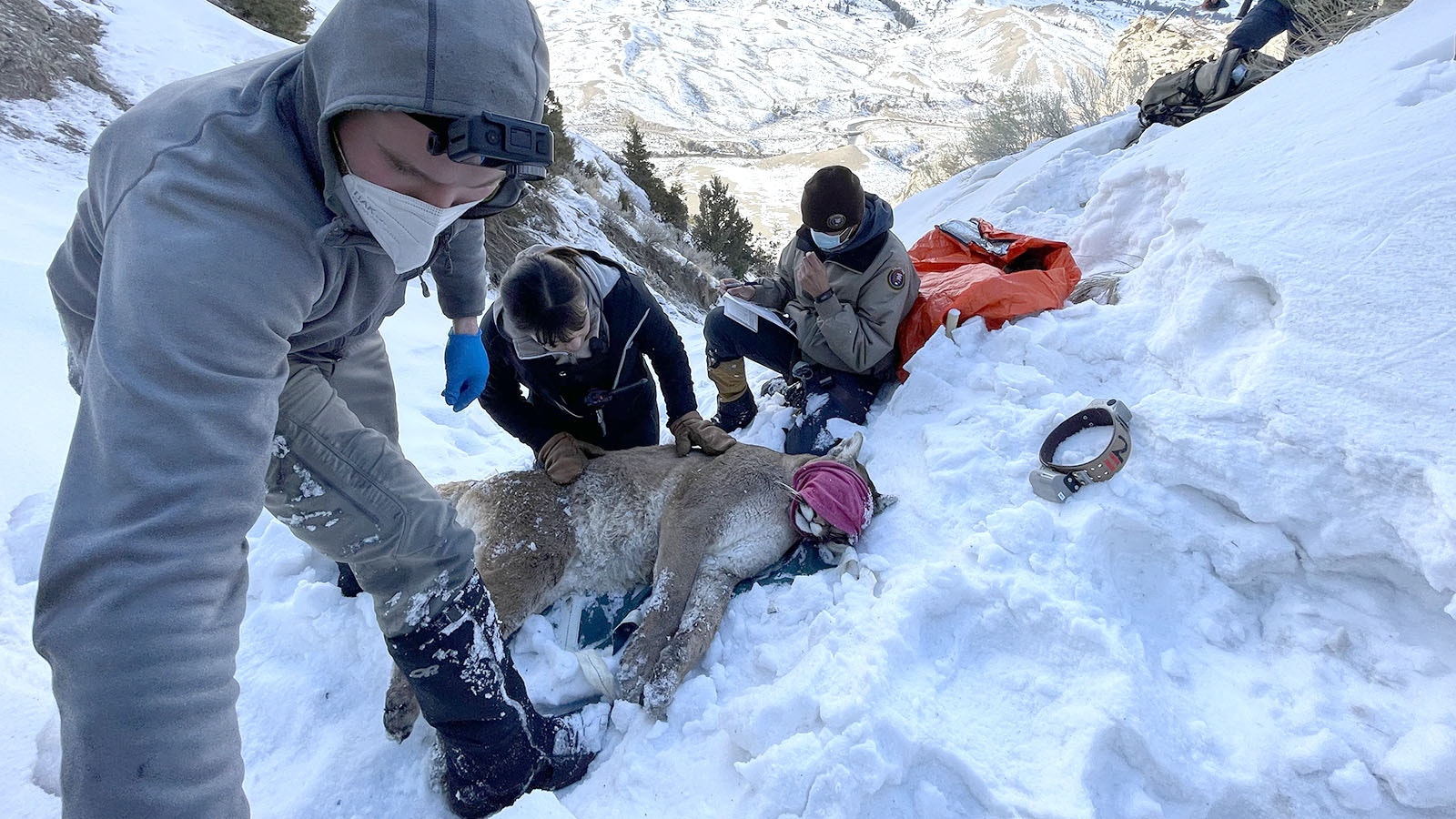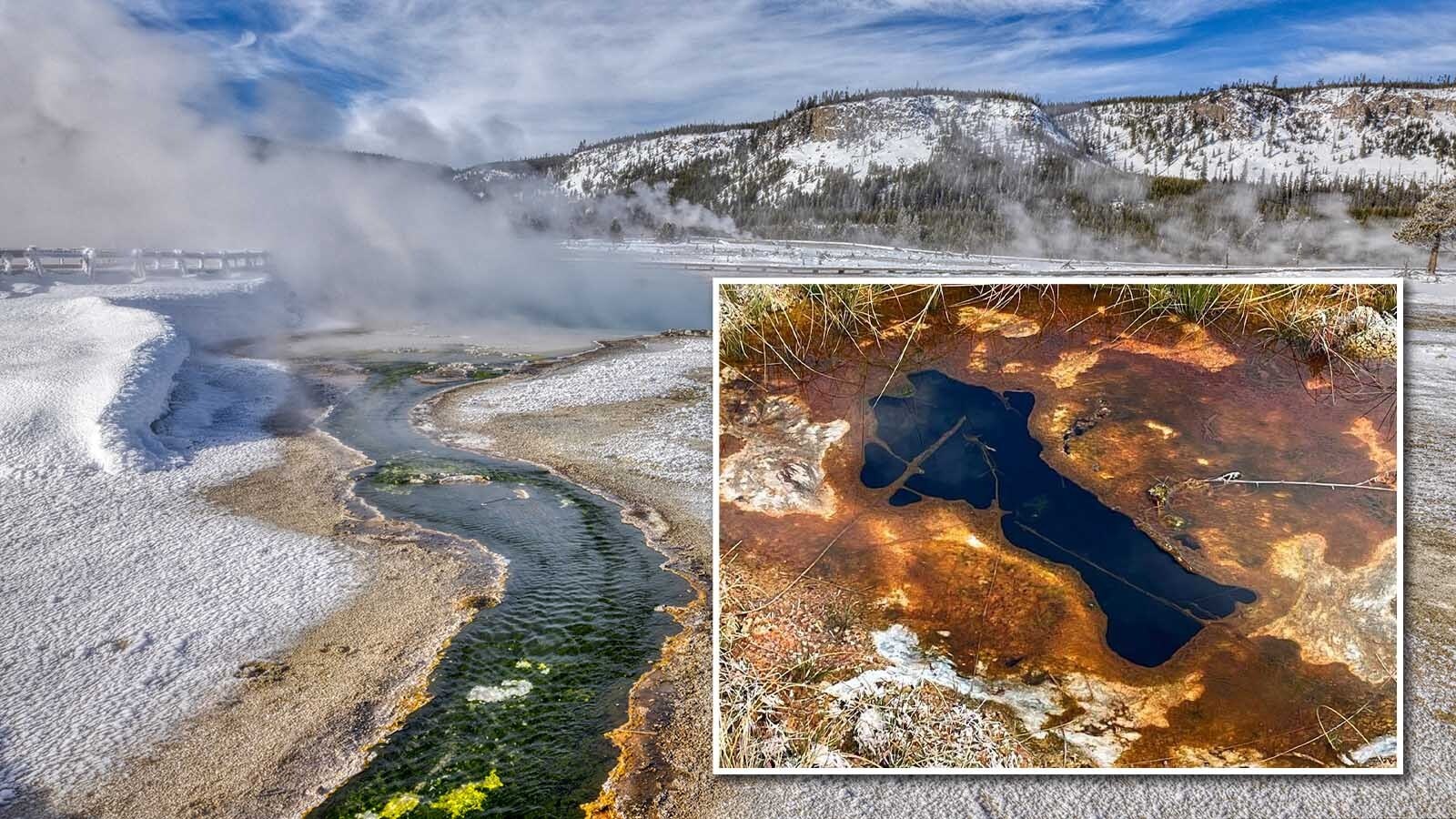A search and rescue team in Park County, Colorado, trudged 11 miles and spent 10 hours rescuing an exhausted dog from the backcountry last week.
Had the dog’s owners been hiking in Wyoming, they would have had to carry the pooch out themselves. Search and rescue (SAR) teams in Wyoming don’t go after pets here.
The only way an animal would get help from SAR is if it was secondary to a human rescue. For example, if a hiker and his dog wound up getting hurt and stranded at the same time.
Colorado Pooch Gets A Ride Out
A Park County Search and Rescue team responded to a call early June 24 about an exhausted dog on a hiking trail that could go no farther, according to an agency report.
It was the second time that week they’d been called out to rescue a dog.
“Our team powered through over 11 miles of varying terrain and substantial elevation gain in order to reach and then safely extract our floppy eared floofy patient,” Park County SAR reports. “In total the operation had our team of volunteer rescuers in the field for 10 hours.”
The dog was taken out on a wheeled stretcher.
The agency reminded pet owners to know their dogs’ limits, particularly in hot weather.
“Search and rescue teams are here to help people in emergencies, not to carry out tired, dehydrated or injured dogs,” the report continues. “Especially when these types of pup emergencies can be prevented.”
Here To Help Humans
That last statement resonates with Wyoming SAR experts, who said their teams would most likely never be sent out after an exhausted dog to begin with.
The sole priority is saving human life and limb, they said.
“I can’t think of any reason why we would dispatch for an animal,” Park County, Wyoming, Sheriff’s Office spokesman Monte McClain told Cowboy State Daily.
“We’re an all-volunteer organization, we don’t have the resources for that,” he said.
Besides the time and expense each rescue call takes, there’s the inherent risk to SAR personnel to consider, McClain said. Getting an overheated dog down off a mountain wouldn’t rise to that level of urgency.
Kenna Tanner, coordinator for the Pinedale-based Tip Top SAR, agrees.
A dog in peril wouldn’t meet the team’s “go, no-go” standard because of the expense and risk to personnel, she said.
Team members would be more than willing to help a dog that was stranded alongside a human that a call went out for, she said.
McClain likewise said that SAR people are willing to at least try helping animals that get caught up in human emergency situations.
For example, about a year ago, Park County SAR responded to a person on horseback that got stranded in a mudhole and was willing to try helping the horse.
The team rescued the rider, but the horse died from stress and exhaustion, he said.
Don’t Worry About Getting A Bill
With the number of SAR operations on the rise across the country, jurisdictions in some states have pondered charging people who must be rescued. In some states, that could extend to pet rescues.
Wyoming SAR operations are against charging fees.
That’s out of concern that putting a price tag on rescues might discourage people from calling for help, Tanner said.
“We don’t want people to not call because they’re afraid they’ll be charged for it,” she said.
SAR relies on donations, which people can agree to add to their fees for hunting and fishing licenses, or off-road vehicle permit stickers, she said.
Assuming The Risk
Greybull outdoorsman John Eckman told Cowboy State Daily that he frequently takes his 45-pound dog with him into the wild.
He said he accepts the inherent risk of doing so and wouldn’t expect SAR to come save his dog.
As Eckman sees it, SAR teams are there to prioritize human lives, and their training and equipment “is geared toward rescuing humans.”
He said that calling out an entire SAR team to save a dog in Colorado seems extreme, but “nothing that happens in Colorado would surprise me.”
Before venturing out, dog owners should know the animals’ abilities and limits, he said. And backcountry dogs should be well-trained.
At age 6 “my dog is athletic” and can handle long treks in the mountains, he said.
“And my dog has been trained since he was a pup to listen to what I tell him to do,” he added.
Eckman said he also puts a tracking collar on his dog, so he knows where the pooch is at all times.
Eckman hopes his dog will accompany him on many more adventures and tries to mitigate the risks.
But there’s no such thing as zero danger in the Wyoming backcountry, Eckman said.
“If he gets his head swatted off by a grizzly bear — I don’t want that to happen, I love my dog — but that’s a risk I take,” he said.
Mark Heinz can be reached at mark@cowboystatedaily.com.









